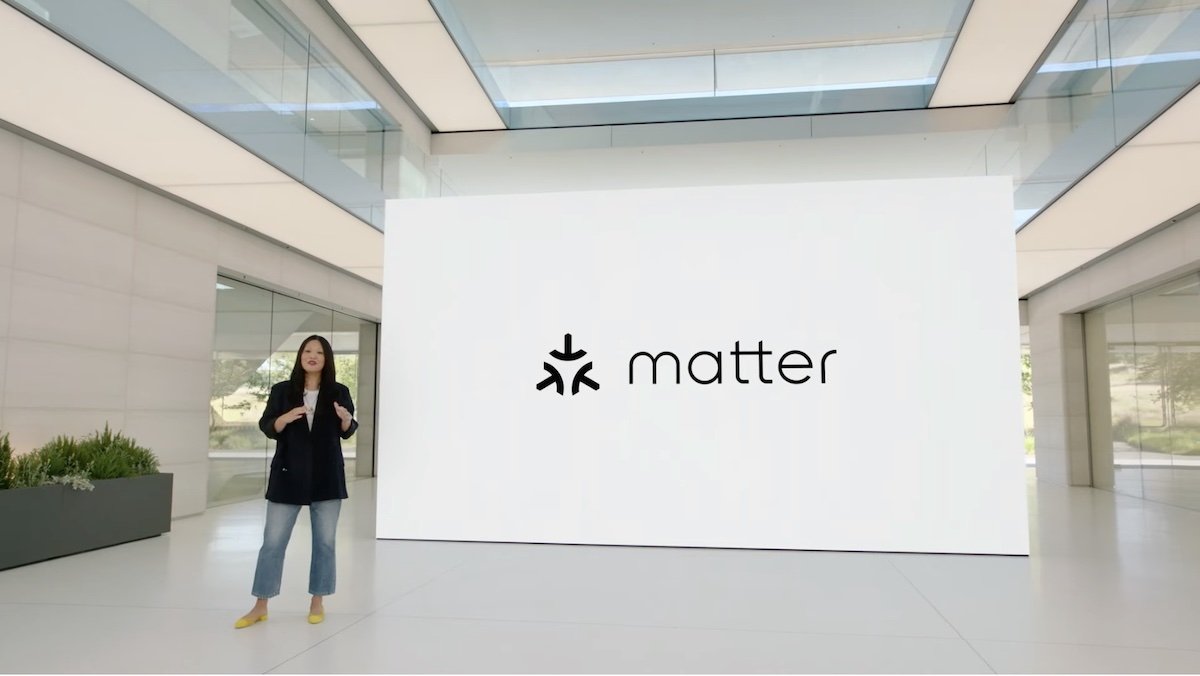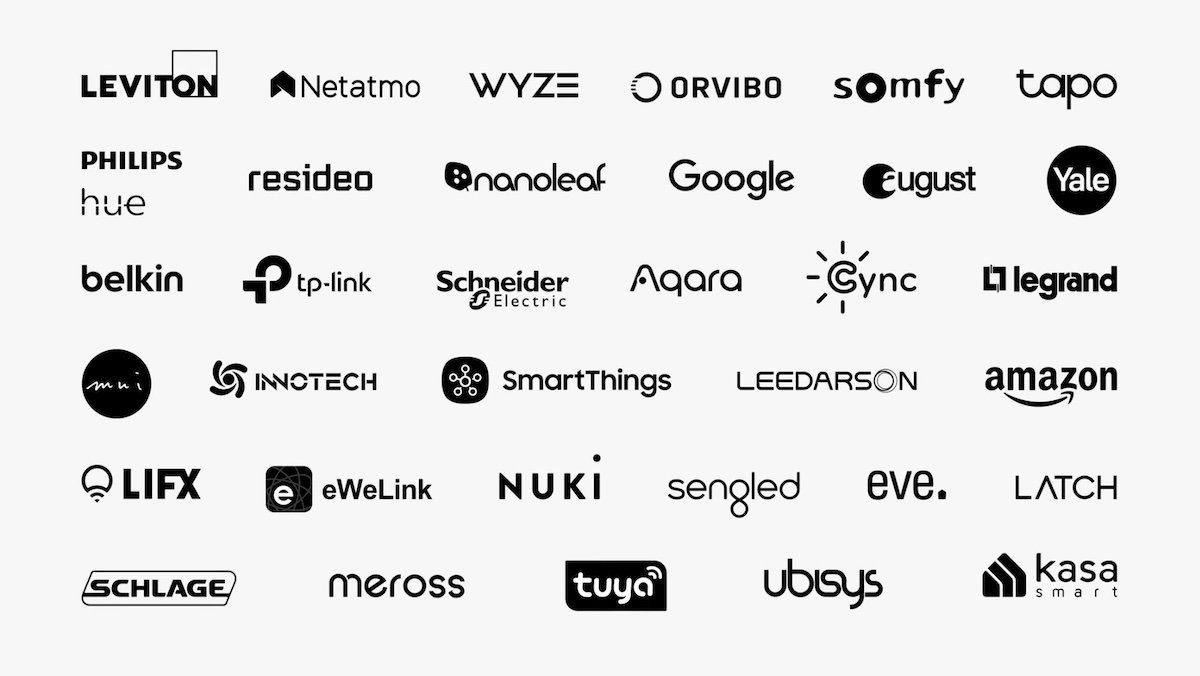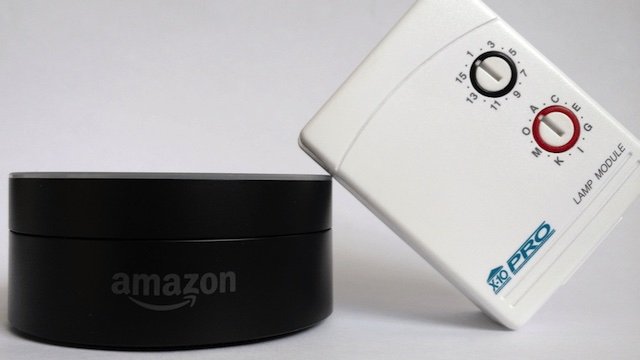
From X10 to Matter: The smart home evolves again
Apple has once yet again played a key purpose in the earning of an sector-large standard.



AppleInsider may perhaps receive an affiliate fee on purchases created as a result of links on our website.

The new common Matter will help uncomplicated, secure conversation in between intelligent dwelling manufacturers and devices — and current products may be ready to be updated to guidance it.
Whilst we are even now in the early era of fashionable “intelligent dwelling” add-ons and integration, the very first adopters of these systems have prolonged been mindful that products from a single corporation may — or may well not — do the job with a further firm’s devices. 
A newly-licensed and business-supported regular, identified as Matter, claims to conclusion incompatibility and make virtually everything for the dwelling that is “intelligent” ready to perform with every single other This has the prospective to vastly open up the prospects for present day — and tomorrow’s — house gizmos.
Matter assistance arrived on the Mac as part of macOS Ventura, and has come to iOS and iPadOS with variation 16.1, which includes tvOS (which also handles HomePod). This arrives on the heels of the Connectivity Specifications Alliance (CSA) certifying the official 1. launch of Issue in early Oct. 
A vital section of this is that more than 200 makers of intelligent house extras have signed on to guidance it.
By enabling diverse brand names to function beneath a popular regulate normal, Make any difference will deliver significant gains to both prospective buyers and sellers of wise property gadgets. 
For the former group, it will just take a ton of the “wild west” part out item paying for, with consumers no extended stressing if their new machine can do the job with their present setups or favored voice assistants. 
For manufacturers, there will be a solitary supported normal that minimizes buyer confusion, and will make items from the two new startups and founded manufacturers similarly deserving of thing to consider.

Some of the 200+ corporations that have signed on to assistance Thread and Subject.
The forerunner: X10

Beforehand, if you desired property automation devices from unique providers to be controlled by a single market-huge protocol, you would have experienced to hop into a time equipment and vacation again to the late 1970s. When the unique “household automation” protocol — the X10 network — permitted for a “command center” to regulate the triggering of lamps and other light-weight switches. 
This permitted control either manually through a console or by location timers connected to outlets for the triggering of on/off states. The programs “communicated” by radio alerts passed by way of a home’s electrical wiring utilizing Powerline technologies — the similar program used in non-Mesh Wi-Fi extenders these days.
Therefore, the early decades of home automation relied intensely on gadget lovers eager to just take risks on future obsolescence for the exciting of of controlling appliances. X10-controlled products and solutions are even now obtainable , even though now relegated to mainly market and machine-alternative marketplaces.

Some hubs, this sort of as Amazon’s Echo Dot, however assistance X10 components.
With the rise of the world wide web and the afterwards emergence of Wi-Fi technological know-how to spread connectivity all-around the dwelling, recognized businesses these as Google moved promptly to make or get technology that moved its affect into devices that were being not beforehand “smart” in the modern-day perception of the time period. This led to an growth from protection-targeted products and solutions to televisions, temperature control, and a lot extra.
Growing pains

Engineering moving from the “laptop or computer desk” to destinations like the basement and the dwelling area was not devoid of hiccups, on the other hand. 
In 2014, Google’s Nest division famously purchased a clever-machine enterprise Revolv and then — just two decades afterwards — shut down Revolv’s servers, which triggered people products to stop doing the job and angered potential buyers.
Previously this calendar year, popular maker Insteon and its mum or dad corporation SmartLabs bought caught off-guard by provide and liquidity issues and abruptly shut down. This cut communication with the central SmartLabs servers the equipment depended on for conversation — and it joined organizations like LIFX and SmartDry in stranding people who experienced invested in all those items.
This has driven shoppers to hedge their bets by obtaining good-property products that are made by or endorsed by huge tech providers that are considered a lot less possible to go out of company or abandon their determination to purchasers. This includes Google (irrespective of the Revolv incident), Amazon, Samsung, and Apple, between other people. 
This has also led to the various businesses commencing to chat to every other about how to make their products and the expert services they depend on a lot more resistant to market misfortunes or changes in technological innovation. In transform, this makes the equipment additional shopper-helpful.
Modern-day smart property devices now use equipment that can provide as, or double as, hubs to aid inter-product interaction. Even so, the hubs them selves are nevertheless reliant on a connection to the manufacturer’s servers for items like firmware and function updates. 
If you very own a HomePod or an Apple Television 4K, they act as hubs for quite a few other gadgets — but all those devices, regardless of brand, all presently have to support Apple’s Homekit framework if you want them all to be controlled by Apple’s Home application.
CSA, IP, and the Apple connection

The new Matter conventional will be an overarching command and regulate program that will make it possible for people the liberty to mix-and-match good dwelling gadgets with out having to fear about interoperability. And with the target of managing all the units by means of a solitary application, if sought after. 
The previous Zigbee Alliance, now known as the Connectivity Standards Alliance, collected unit makers, technologies firms, and other sector leaders alike to settle on a way for products to stay related, speak the similar “language” to each other, and talk securely.
The core of Issue is built on the Internet Protocol, the very same networking tech that servers, routers, and websites use to perform. 
Apple, a single of the primary team of providers to collaborate on Matter, contributed the HomeKit API as the basis of the open-supply conventional. The addition designed the security of inter-product communications — previously not considered by most suppliers — as significant as widespread market adoption to make certain sturdy assurance between customers.
Thread binds devices to Make any difference

Thread, an IPv6-dependent, minimal-electric power mesh networking technology that is previously out in the market, augments Matter by introducing requirements for system-hub conversation supported in two vital means:
- Bluetooth Minimal Electricity (mainly for battery-powered and/or close by gadgets), and
- A personal, secure Wi-Fi mesh network developed by the hubs for whole-residence conversation and coordination.
Apple and other makers are already transport equipment with support for the Thread, such as the most recent Apple Tv 4K product and all recent HomePods.
Thread acts as a common “language” between several companies’ units, and like Make a difference, can now be supported or included to lots of latest or new products as a result of firmware updates. 
Recent merchandise that presently help Apple’s HomeKit are considered additional likely to be upgraded to help Thread and Subject, because HomeKit technological know-how was integrated into these benchmarks. But significant organizations have not still explicitly confirmed which products can be or will be up to date.
While Thread will act as a widespread networking instrument among the various companies’ current toolkits, Issue will deliver safe, universal conversation and coordination to all smart home hub devices that assist it, or can be upgraded to assistance it. People will be at last ready to choose products based on what the machine can do to further more automate their house features, rather than being restricted by, or bound to, precise brands and technologies.
This should end result in smart-dwelling technological know-how “likely mainstream” with the community, boosting revenue and encouraging more innovation amid founded vendors and startups alike. 
For Apple customers and wise-house fans, the road in advance is hunting a lot smoother now.
